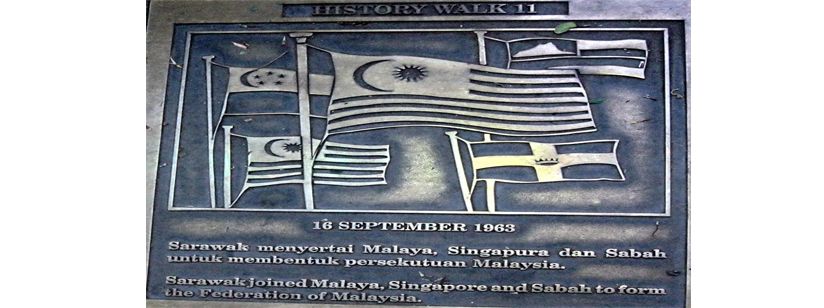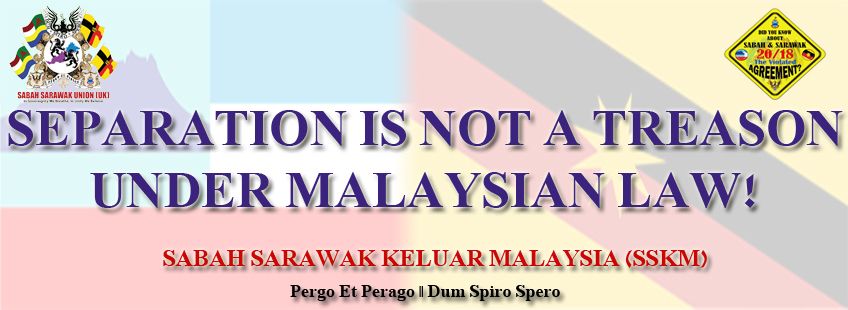Sunday, 16 August 2015
Why ban secession talk in state assembly, asks Jeffrey
QUICK TAKE: Newly appointed Sabah State Legislative Assembly Speaker Syed Abas Syed Ali raised some eyebrows recently over his decision to ban the word “secession” in the House.
According to The Rakyat Post, one lawmaker that was disappointed by this move was Bingkor assemblyman Dr Jeffrey Kitingan.
The State Reform Party (STAR) Sabah chairman, in a statement, said the banning of the word “secession” is unlawful, unconstitutional and against all parliamentary norms and conventions.
He argued that there should be freedom of speech in the state legislative assembly and debates on secession should be allowed in any mature democracy.
“Why is the new Speaker so fearful of the word “secession”? Is it because he is bowing to the wishes of the federal government or the Sabah chief minister or Umno?”
Jeffrey said Syed Abbas should find out why certain groups were unhappy and disillusioned over non-compliance of the Malaysia Agreement 1963 and wanted to secede.
He added the banning of the word “secession” only gave rise to the beliefthat the federal government and Umno are treating Sabah as a colony and afraid of the people’s wishes for compliance of the terms of the formation of Malaysia.
“I hope that by the next assembly sitting, the new Speaker would have understood his position and is able to defend the assembly’s role in our democracy and act in the best interests of Sabah and Sabahans and not to his political party or his political masters.”
Firstly, let’s make something clear. This writer is against any move to separate Sabah and Sarawak from Malaysia.
Jeffrey has rightly pointed out that censorship or obstructions to freedom of speech do not bode well for democracy and more importantly do notaddress the issue.
As a Sabahan, this writer wants Sabah to continue to be part of Malaysia but at the same time, wants to see the rights and status of the East Malaysian states upheld and the 20 and 18 point agreements honoured and reinstated.
This is our right.
Decades ago, these rights were traded away by foolish politicians. Now these politicians have become irrelevant.
Sadly, it is the later and current generations who are the ones who have had to live with their ill-conceived decisions of trading away rights which our founding fathers had the foresight to fight for.
If these rights were never part of the Malaysia Agreement 1963, it would be safe to say that Sabah and Sarawak more likely than not, would not have joined Malaya and Singapore in forming Malaysia.
While secession is illegal, it does not mean it should not be discussed.
If it is not discussed by the representatives of the people, talk and discussions of secession will only be pushed further underground.
This is not only unhealthy, but might have severe repercussions down the road.
On the topic of secession, discussing it in the state assembly will provide lawmakers with a chance to understand the issues that lead to secession talk, how these issues can be resolved and so on.
In facing these challenges, unity can be ensured by encouraging open and mature discourse on issues, not curtailing it.



























































